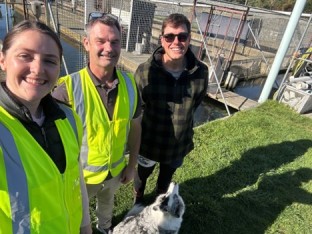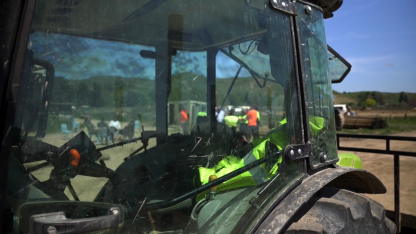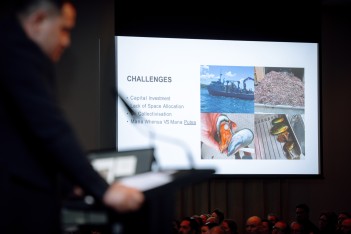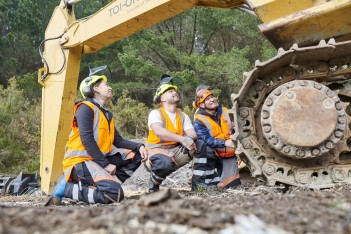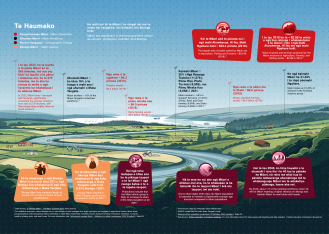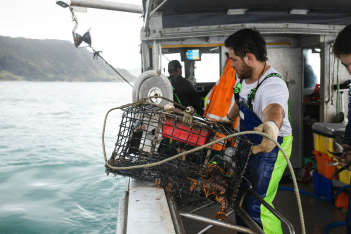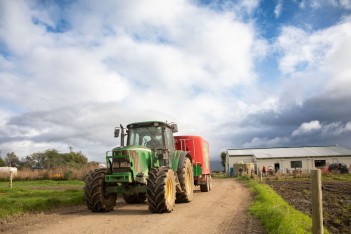2026 Investment Advice
Muka Tangata provides advice to TEC on investment in vocational education to influence funding decisions that considers industry needs, to help match skills and workforce demands with supply.
Learn moreThe Seafood industry is highly regionalised, presenting an opportunity for economic and workforce development outside the main economic centres.
The industry represents a potential growth area for the economy. Aquaculture is set to take centre stage over the next five years and is likely to be a key driver of the industry’s performance.
Attracting New Zealanders into the industry rather than relying on foreign workers to fill the gaps where there are ongoing labour and skills shortages remains a challenge for the industry.
Māori own a large market share of fishing (63%), with approximately 27% of all quota by volume and value owned by Māori. Māori also have significant investment in aquaculture and land-based processing operations, including Moana NZ (100% Māori ownership) and Sealord Group Ltd. (50% Māori ownership).
Key Challenges
Find out about our work to assess the quality of programmes delivered by providers for this industry here.
A snapshot of the Seafood workforce development plan is available for download here. Please note that this reflects a point in time (July 2024). The most up to date information is on the workforce development plans website.
Muka Tangata provides advice to TEC on investment in vocational education to influence funding decisions that considers industry needs, to help match skills and workforce demands with supply.
Learn more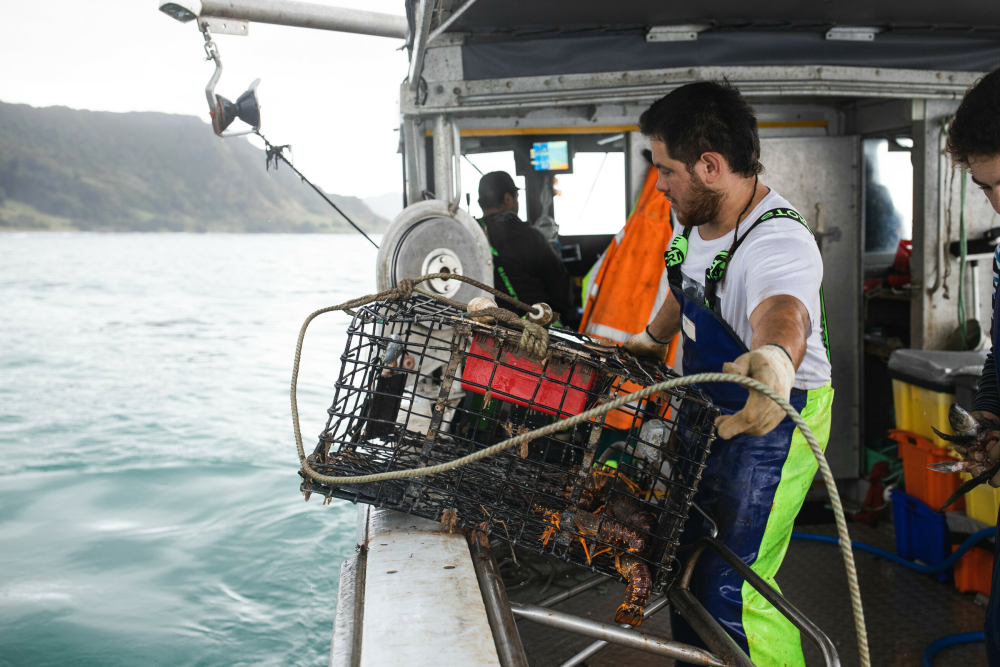
This section provides information about the workforce, industry and Vocational Education and Training (VET) provision and performance. It shows data and research focused on key aspects of Muka Tangata industry groups and learners. This section is expected to feature regular updates to the data and trends being showcased.
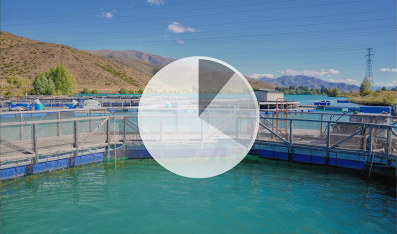
Insights for Industry about trends in economic performance indicators.
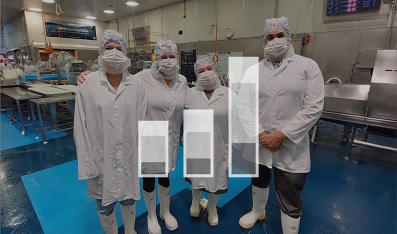
Insights on the workforce, including; size, ethnicity, age, regional distribution, and gender.
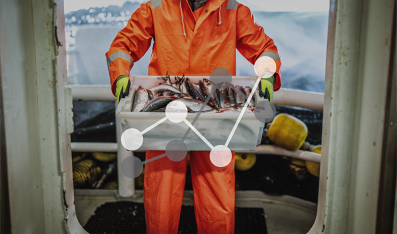
Insights about learners, including trends in enrolments and mix of provision.
In developing the Seafood workforce development plan, we identified a few key opportunities. The industry has a significant reliance on migrant labour to keep some areas of the industry afloat, and difficulty attracting and retaining an Aotearoa based workforce. We also know that, for various reasons, the uptake of qualifications relating to Seafood has been declining over the past five years and the existing qualifications are not flexible enough to meet industry needs. Alongside these challenges, mitigating and adapting to climate change and sustainability is a focus of the industry.
This is our plan to address the vocational education and training opportunities that arose from our engagement, research and analysis. It includes real projects that we are committed to delivering, with most of these spanning across some or all Muka Tangata industries. Our Projects have replaced our previous “Roadmap Actions” and present a consolidated view of our mahi. Some of the previous roadmap actions have been completed or closed out following a review of our work programme and engagement with industry on the priority of these actions.
